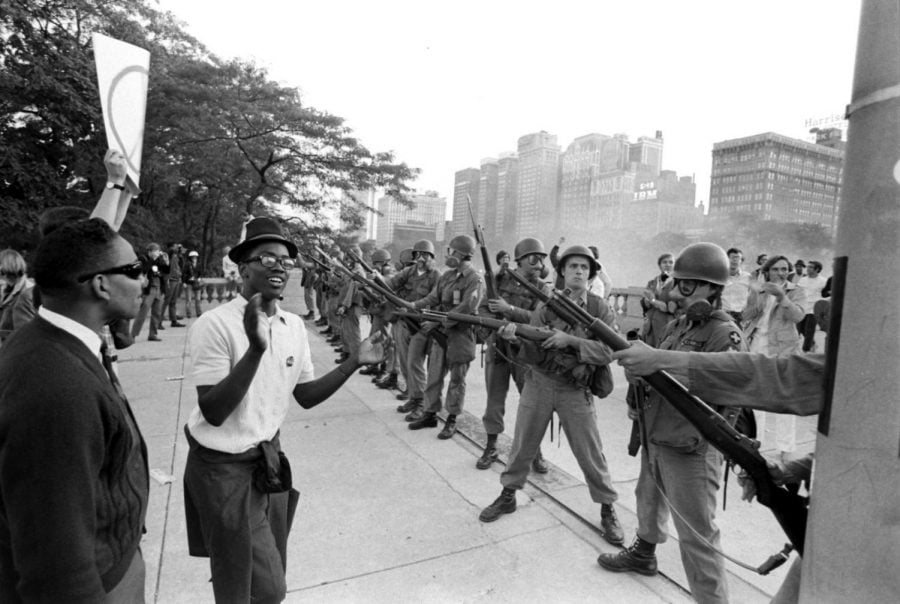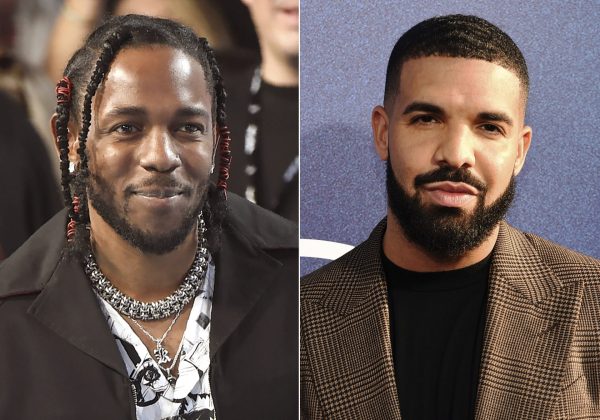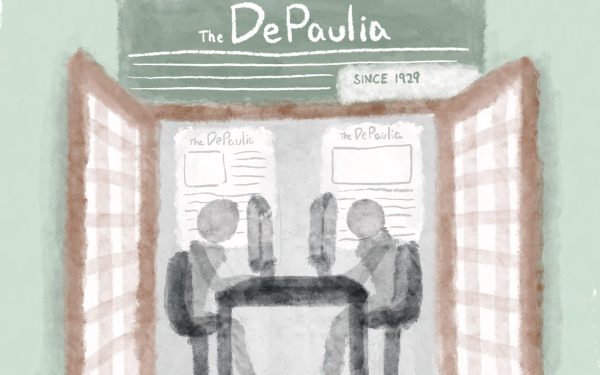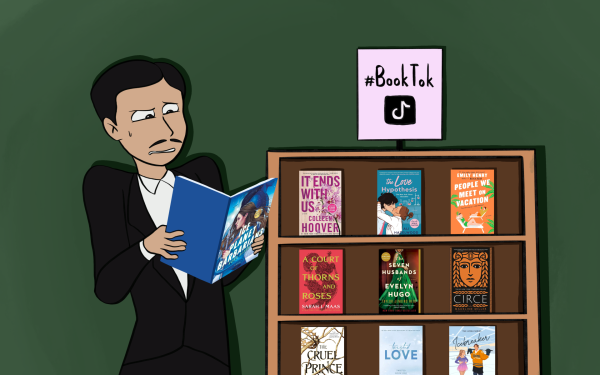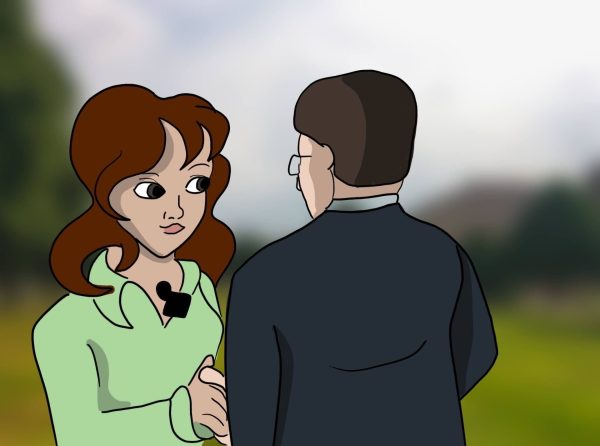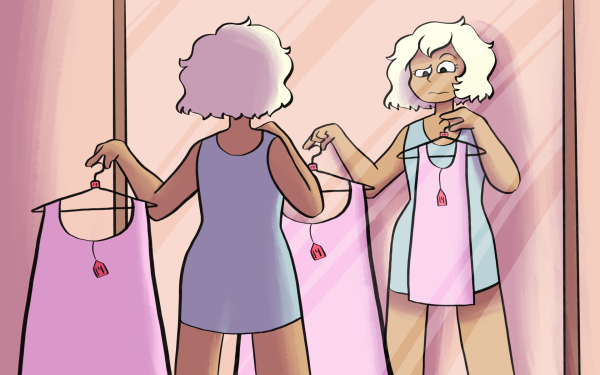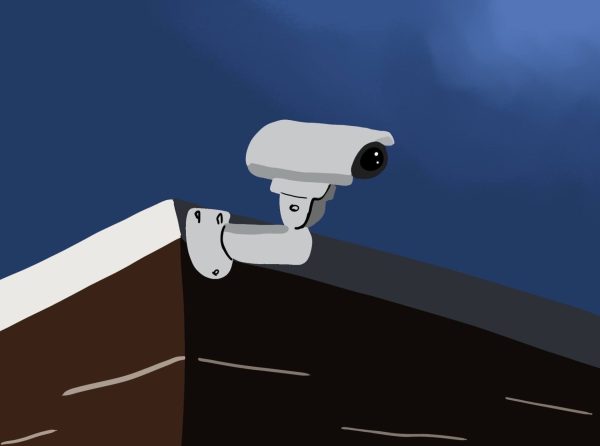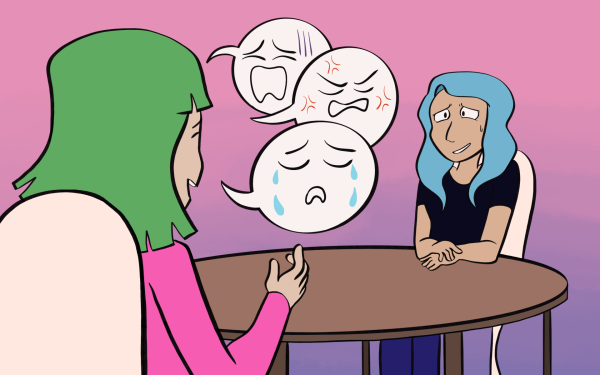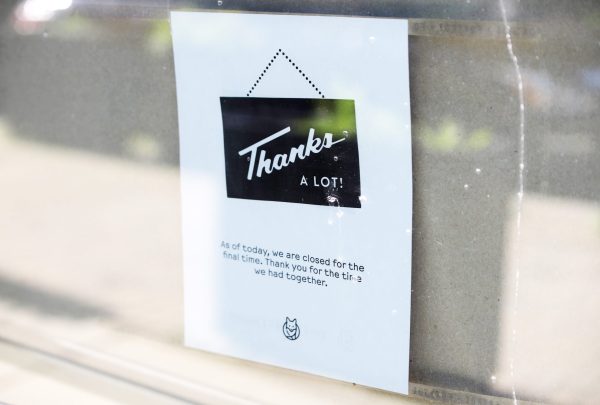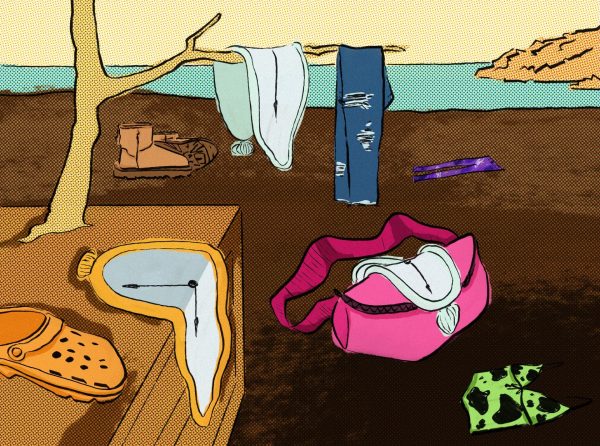Column: Fifty years after the DNC riots, a sign of what is yet to come
Not 200 feet away from my apartment’s front door is Lincoln Park, home to more than 100 species of migratory birds, devilish geese and turtles sunning themselves on a log in the pond. It’s a peaceful respite from the chaos of the city. You might even forget you’re in a city at all until you see the John Hancock Center peeking through the trees.
50 years ago today it became a war zone, not unlike the one in Vietnam which protestors had descended upon the park hoping to put an end to.
It is rare that an event goes down in history with a title of such purely accidental self-mockery as the 1968 Democratic National Convention (DNC) riots did. Democracy in action – that is, the Chicago brand of it. Usually practiced with an envelope full of cash, in 1968 it was handed down with billy clubs.
The violence came only four months after Chicago’s South and West sides burned in the fury following the assassination of Martin Luther King Jr., when then-mayor Richard J. Daley issued his infamous “shoot to kill” order. Just two months after those riots, Sen. Robert Kennedy spoke his final words before being gunned down: “Now it’s on to Chicago, let’s win there!”
President Lyndon B. Johnson, facing massive unpopularity over the Vietnam War, announced he would not run for re-election. Hubert Humphrey, Johnson’s vice president and a loyalist to his Vietnam policies, secured the Democratic nomination over Sen. Eugene McCarthy, an opponent of the war.
The news footage from the three days of the convention is horrifying. Cops brutally beating protestors, the press or whatever apolitical citizen was unlucky enough to be passing through Grant Park or Michigan Avenue, sites that are familiar to every Chicagoan, but unrecognizable when flailing limbs and bloodied heads are painted in their foreground.
A photograph shows the Illinois National Guard standing with their bayonets fixed, staring down the protestors across from them near the Art Institute. Another shows a burning sign that reads “Welcome to Chicago.”
The police swung their clubs without hesitation – yes, out of duty, but also out of anger. The sound their clubs make when they connected with the head of a protestor is nauseating. Archival news footage from WGN shows officers excitedly climbing over one another to get their nightclubs within reach of their prize: a skull. Man or woman, violent or peaceful, anti-war or all for it, everyone got bashed. When all was said and done, close to 1,000 protestors and 192 officers were treated for injuries.
The cops look similar to those policing Chicago today. Their shirts are the same light blue they wear today, but now you’ll only ever see the helmets they wore on the mounted police outside Wrigley Field.
What happened over those three days in 1968 is retrospectively referred to as a “riot.” This is true – an official investigation into the events determined the violence was due to a “police riot.”
Police riot. Two words that sound so terrifying, they’re almost hilarious. Like “hornet tornado” or “Godzilla army.”
Fifty years on, not much has changed.
I can’t remember a time in my 23 years when officers, defenders of the Constitution and protectors of law and order, swung clubs at journalists. What I do remember is the President of the United States calling reporters the enemy of the people and encouraging his supporters to hurl epithets at them at rallies.
I don’t remember ever seeing the National Guard, bayonets sharpened and ready to gut the first person who threw a rock, stare down protestors in my lifetime, but I do remember a white supremacist plowing into a group of demonstrators with a muscle car at 40 mph in Charlottesville last year.
Mayor Daley said he received 135,000 letters in support of his handling of the convention and only 5,000 condemning it. It sounds like an exaggeration, an inflated statement like those Daley was famous for spewing. But polls from the time corroborate his story. They showed that the majority of Americans supported the mayor’s tactics.
It is easy for us to look back, as it is for us to look on at the news of today, and be horrified. Why was it necessary to bloody hundreds of peaceful protestors? Why did the National Guard have to fix their bayonets like they were ready to just start stabbing as indiscriminately as the cops swung their clubs? Why were reporters bashed and roughed up for committing only an act of the First Amendment?
The wounds may be 50 years old, scarred over and remembered only on their anniversary, but we will almost certainly see scenes similar to the 1968 riots before our next president is chosen.
It’s easy and convenient to believe that the 1968 DNC was just a blemish on our collective First Amendment report card, that our politicians learned a lesson from the carnage. After all, nothing of its scale has happened since. But we are rapidly approaching a time filled with as much anger and divisiveness as the Vietnam era had, and just because we haven’t seen that level of violence since doesn’t mean its possibility has been erased.
Donald Trump is heading into the 2020 election with his back against the wall. People close to him are being convicted and his popularity is declining. And like a rabid dog, he’s most dangerous when he’s got nowhere to run, with no one to shift the blame to except those who don’t support him.
The Commander in Chief could escalate his violent rhetoric, he could mobilize his army of supporters as quickly as he could type it up and hit “tweet.”
Similar to the Democratic offerings in 1968, the Democratic presidential candidates of 2020 are certain to cause a similar rift between the more progressive left and the more moderate. There will be social and political divisions both newly-found as well as the deepening of existing divisions. There will certainly be arguments among Democrats over who the next nominee should be – should it be a member of the old guard or the new?
There will be anger. There will be lies and facts, and the accompanying debate over which is which. There will be violence.
What will happen this millennium when political tensions boil over?
When it is all over, I think we might wish it was just a nightstick to the head.


